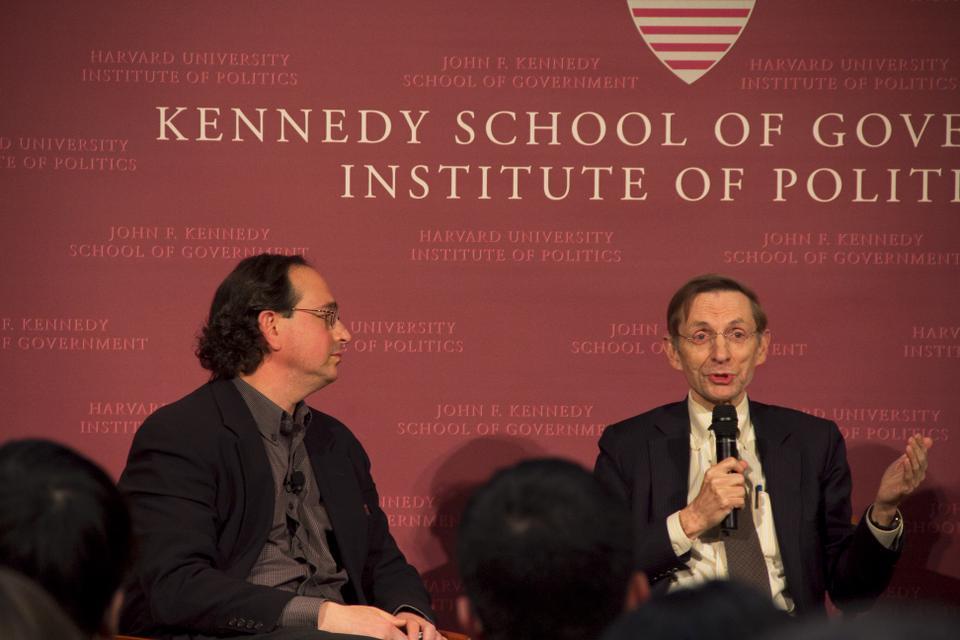
News
Cambridge Residents Slam Council Proposal to Delay Bike Lane Construction

News
‘Gender-Affirming Slay Fest’: Harvard College QSA Hosts Annual Queer Prom

News
‘Not Being Nerds’: Harvard Students Dance to Tinashe at Yardfest

News
Wrongful Death Trial Against CAMHS Employee Over 2015 Student Suicide To Begin Tuesday

News
Cornel West, Harvard Affiliates Call for University to Divest from ‘Israeli Apartheid’ at Rally
Panel Discuses Social Entrepreneurship

Investors are critical to social entrepreneurship, panelists said Friday at the John F. Kennedy Jr. Forum at the Institute of Politics.
Teams of Harvard Innovation Lab students also presented seven entrepreneurial ideas at the event.
Investors will only provide funding and support for a social entrepreneurship project if they believe it has a realistic goal, as well as a comprehensive plan of action, said panelist Christa A. Velasquez, a Senior Fellow at the Hauser Center.
“Investors want to see something more than the idea,” Velasquez said. “They want to see you doing what you say you’re going to do.”
In order to have the greatest impact and affect the most change, social entrepreneurs must work together as a team, said panelist Bill Drayton ’65, the chief executive officer and founder of Ashoka, a not-for-profit organization that invests in solutions to social problems.
Social entrepreneurs need characteristics that encourage them to work towards solving social problems, said Dayton.
He described social entrepreneurs as “people who are in it for the good of it all.”
“When you tear down the walls between business and society, you get a gigantic explosion of productivity,” Drayton said.
Seven teams of students from the Harvard Innovation Lab presented their ideas, which ranged from ending veteran homelessness in the United States to investing in farmers in Sri Lanka.
One team sought to promote literacy in developing countries by providing e-readers, called Kumba Readers, to children. By reading books, these children would gain credits that they could exchange for resources for their families.
Want to keep up with breaking news? Subscribe to our email newsletter.
